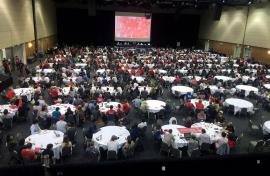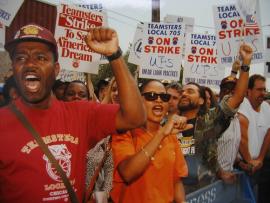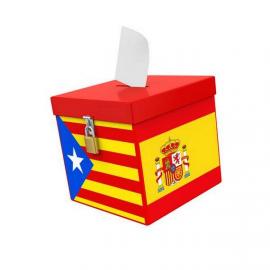
At the southern tip of Europe, stretching out its two hands of Ceuta and Melilla to reach Africa, Spain usually goes unnoticed. Our news hardly ever makes world headlines; it’s simply not impactful enough. Over the past month, however, my adopted homeland has been enveloped in one of the most controversial events of the decade, and finally our dirty laundry is being hung out to dry on the international clothesline. The threat of Catalonia breaking away from Spain is juicy. It’s the political equivalent of a marriage gone wrong, complete with steepled-finger scheming, mutual resentment, and fittingly, bouts of domestic violence. But it also serves to show how the choices and actions of politicians turn a prominent issue in need of discussion into a roiling turmoil. The question of Catalonian secession is the result of the thoughtless, petty political practice that is ubiquitous in governments around the world, but that should have no place in the future of governance.
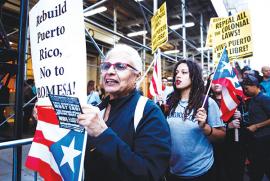 Dear Friends:
Dear Friends: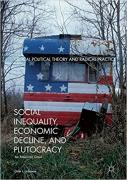
 (Normally my writing, especially when facing new situations,is the result of discussions with my comrades. But these days we are practically incommunicado. That’s why even more than in other cases, this article is entirely my responsibility. And, at the same time, I write with incomplete informatioin, the result of the same lack of communication, and therefore everything that I write is, even more than usual, subject to future correction. – RB)
(Normally my writing, especially when facing new situations,is the result of discussions with my comrades. But these days we are practically incommunicado. That’s why even more than in other cases, this article is entirely my responsibility. And, at the same time, I write with incomplete informatioin, the result of the same lack of communication, and therefore everything that I write is, even more than usual, subject to future correction. – RB)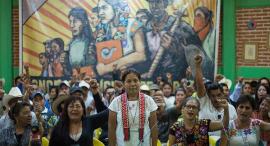 The Zapatista Army of National Liberation (EZLN), which led an armed uprising in Mexico’s southern-most state of Chiapas in 1994, and which has
The Zapatista Army of National Liberation (EZLN), which led an armed uprising in Mexico’s southern-most state of Chiapas in 1994, and which has 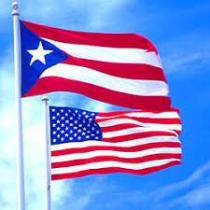


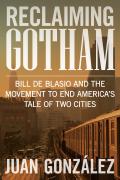

 In a recent
In a recent 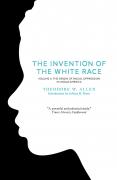

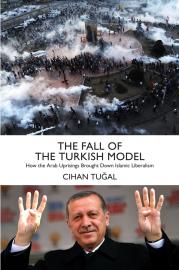

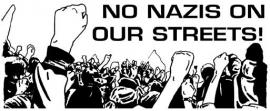
 The “Unite the Right” rally held in Charlottesville, Virginia this past weekend attracted several hundred white men from the "alt-right," the neo-Nazis, and the Ku Klux Klan who marched with torches through the University of Virginia chanting, “You will not replace us.” Nothing better explains the fear at the root of their racist movement than that chant. They fear, as their political ancestors feared, that they will be replaced by blacks. They have now come to fear also that they will be replaced by Latinos and by Asians. They fear too that they will be replaced by women, by gay men or lesbians or bisexuals. Or by trans people or the disabled. Above all, they fear.
The “Unite the Right” rally held in Charlottesville, Virginia this past weekend attracted several hundred white men from the "alt-right," the neo-Nazis, and the Ku Klux Klan who marched with torches through the University of Virginia chanting, “You will not replace us.” Nothing better explains the fear at the root of their racist movement than that chant. They fear, as their political ancestors feared, that they will be replaced by blacks. They have now come to fear also that they will be replaced by Latinos and by Asians. They fear too that they will be replaced by women, by gay men or lesbians or bisexuals. Or by trans people or the disabled. Above all, they fear.